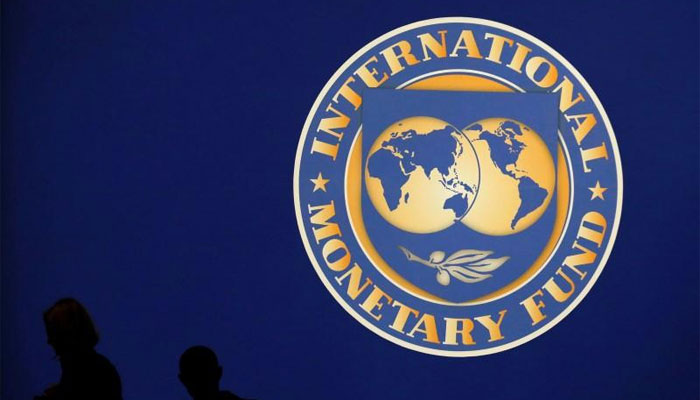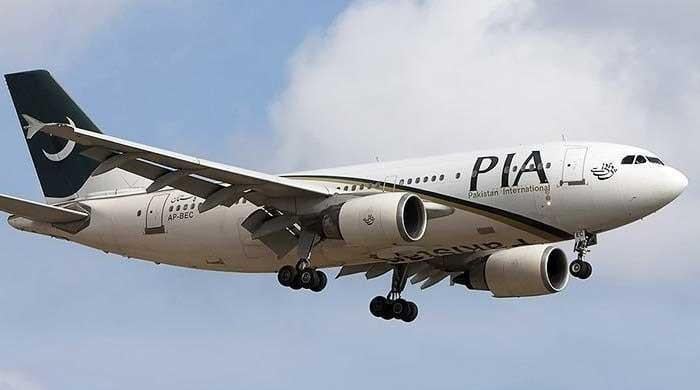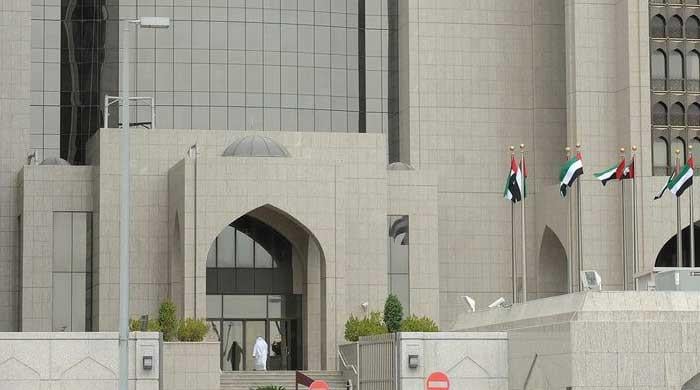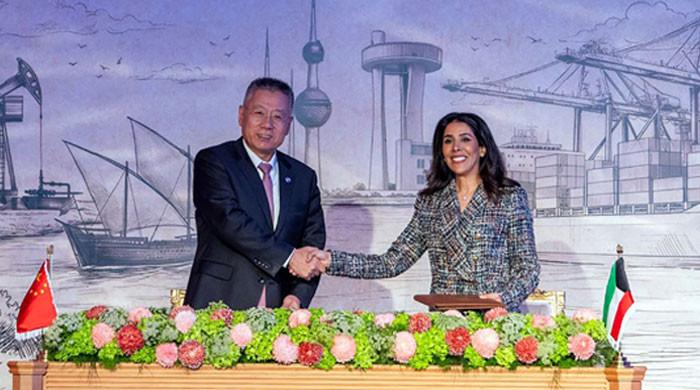IMF says tax collections suspended to help deal with coronavirus crisis
IMF notes utility bills are halted in a bid to provide cushion for the efforts to control the coronavirus
July 13, 2020

ISLAMABAD: The International Monetary Fund (IMF) said Monday tax collections had been suspended to help the country deal with the coronavirus pandemic.
According to the global financial body, the gas and electricity bills were halted in a bid to provide cushion for the efforts to control the coronavirus.
Pakistan, it noted, had cut its interest rates through the monetary policy.
Earlier, a blog on the IMF website titled "Fiscal Policies for a Transformed World" recommended governments "to pursue a credible medium-term fiscal plan that relies on improving revenue mobilization – including through minimizing tax avoidance, greater tax progressivity in some cases, carbon pricing and higher efficiency in spending (for example, eliminating fossil fuel subsidies)".
The blog's authors noted that the coronavirus pandemic had pulled a collective fiscal policy response of close to $11 trillion from various governments around the world. This response, they added, comprised above- and below-the-line measures, including deferral of taxes, cash transfers, public sector loans, equity injections, and government guarantees.
It added that despite that figure, "policymakers will have to keep the public health response their No. 1 priority while retaining supportive and flexible fiscal policies and preparing for transformational economic change".
The blog warned of "huge uncertainties" as many countries tentatively exit the "Great Lockdown".
"An earlier-than-warranted fiscal retrenchment presents an even greater risk of derailing the recovery, with larger future fiscal costs," it noted. "Policymakers should prepare contingent plans that can be flexibly scaled to manage the health, economic and fiscal risks from recurrent outbreaks."
The authors further advised governments around the world to minimise tax avoidance and introduce greater tax progressivity, carbon pricing, and efficient spending.
"The international community must also ensure that vulnerable low-income developing countries (LIDCs) lacking the resources to support healthcare systems and sustain lifelines have access to concessional financing and, in some cases, grants," it added.









